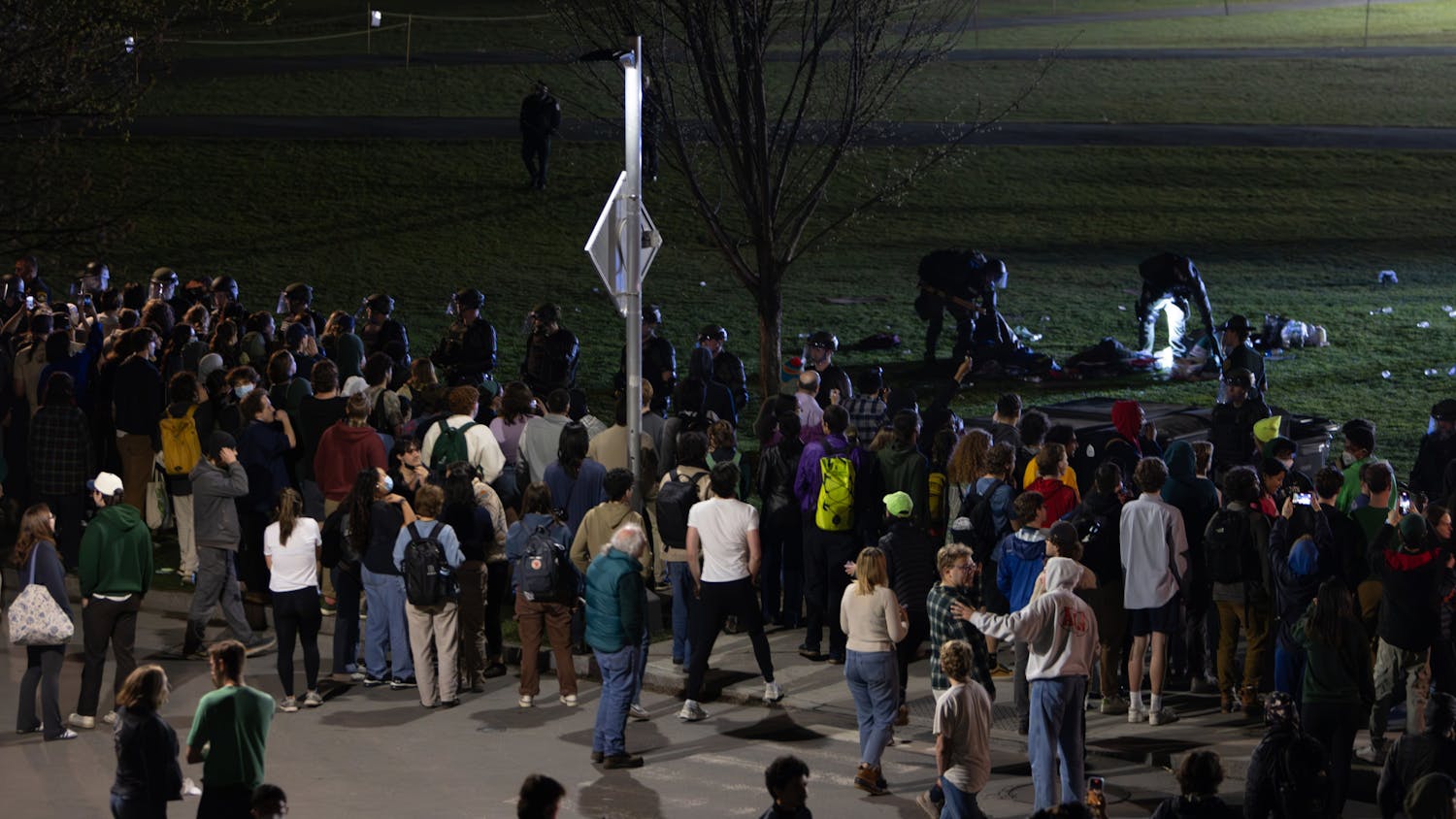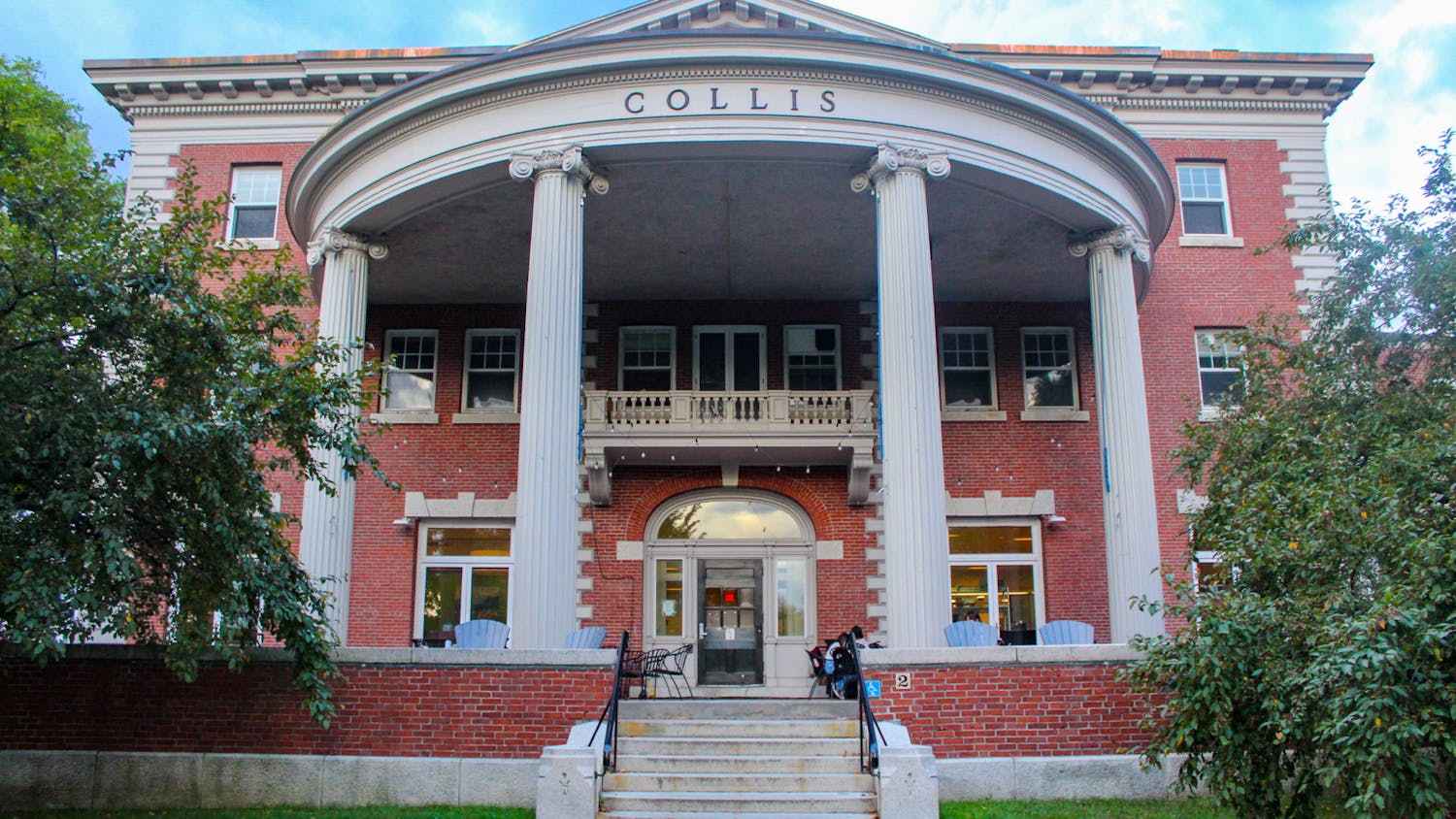American adults consistently scored lower on tests analyzing skills needed for the modern workplace compared to their international counterparts, The New York Times reported. TheOrganization for Economic Cooperation and Development tested individuals ranging in age from 16 to 65 in 24 countries. The exams stressed literacy, mathematical and technical skills. Japan and Finland scored highest on every test, whereas Spain and Italy had much weaker results. The results reconfirm that other nations are surpassing the United States in test scores, college graduation rates and overall proficiency skills, and also demonstrate a large skill gap between employed and unemployed Americans. Arne Duncan, the education secretary, said the study highlights deficiencies in the American education system that fail to "help Americans compete" in the international marketplace, The Times reported.
American universities will be the fastest-growing foreign destinations for students to study over the next 10 years, according to a report released Tuesday by The British Council's Education Intelligence Global Research Service. Students from China and India are expected to make up 35 percent of total foreign students in American universities, but these predictions are wholly dependent on each nation's respective economies, The Chronicle of Higher Education reported. The council predicts that from 2011 to 2024, the number of students studying in foreign countries will increase by almost 1 million annually. Although China's numbers are expected to increase at a slower rate compared with past years, it will still remain the largest source of foreign students and is expected to send more than twice as many students as India.
Just 13 percent of international students who used educational agents to help find potential spots in foreign universities knew if their agents worked on commission, Inside Higher Ed reported. Agents making money through commissions can potentially suggest specific universities if motivated by an undisclosed financial reward. China and India, countries that contribute the international students at U.S. universities, also had the highest number of students who used agents' aid for application assistance or university "short-listing." Chinese students paid the most for the agents on average more than $2,000 while the majority of Indians and Saudi Arabians paid less than $500.



